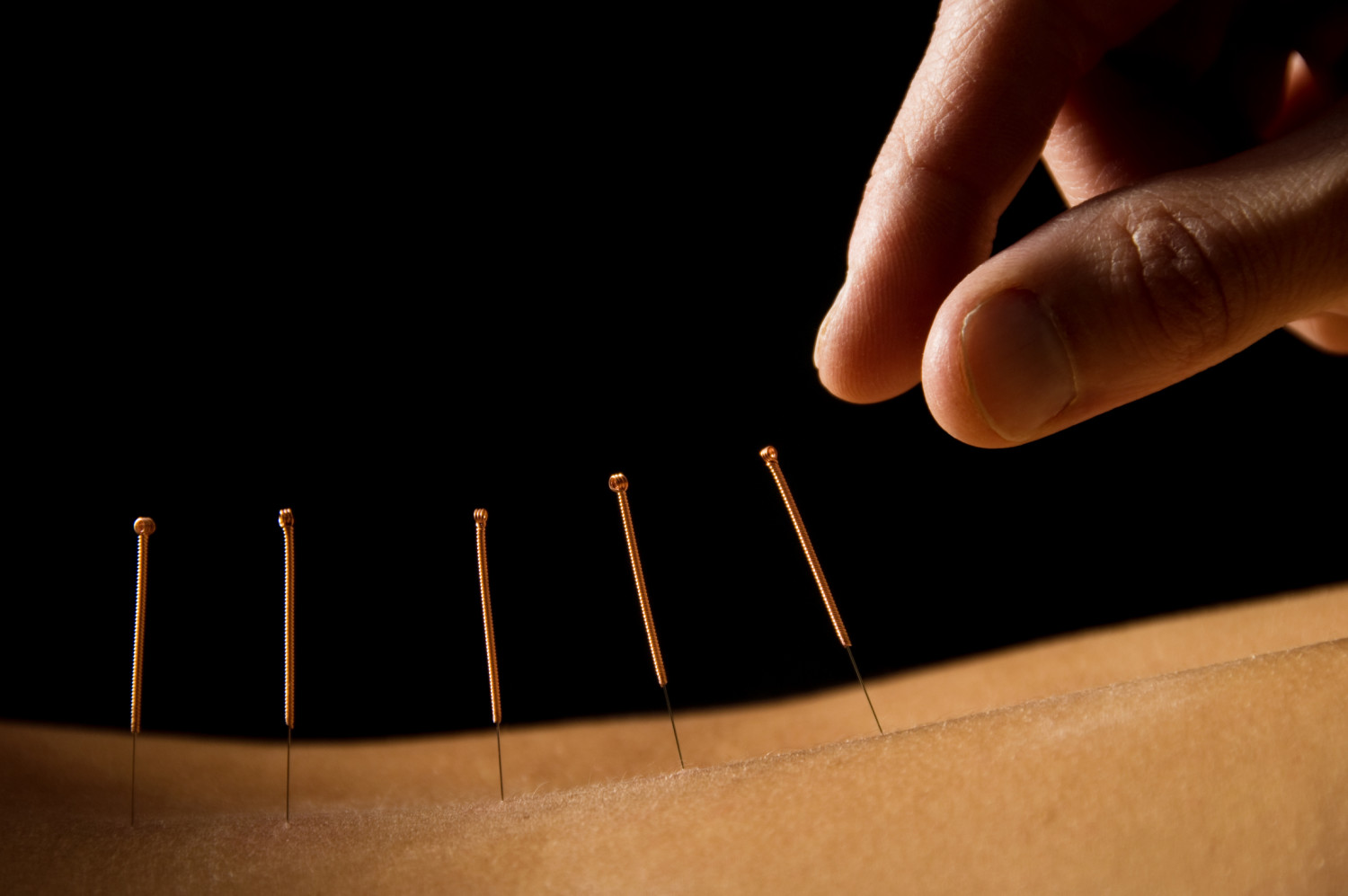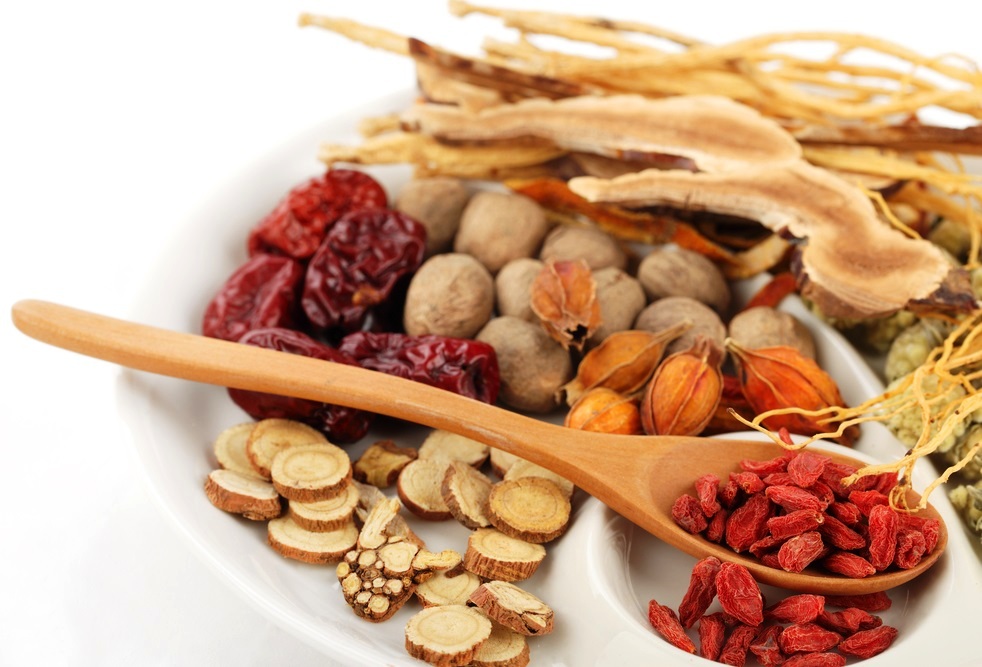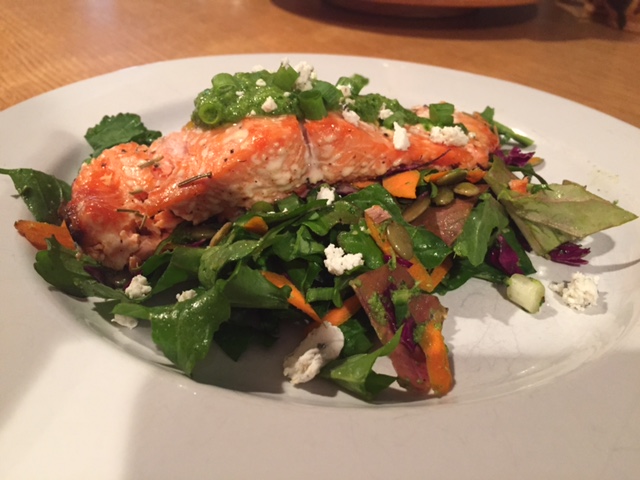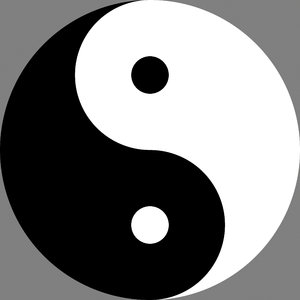Traditional Chinese Medicine (TCM) is an ancient system of medicine that involves a deep understanding of the laws and patterns of nature and applies them to the human body. It is a complete medical system that has been practiced and perfected for more than 3,000 years, and includes Acupuncture, Chinese herbology, food therapy, exercise, and emotional balance.
There are many factors that lead to a decline in human health. The three main components affecting our health are what we eat, how we move our bodies, and how we process our emotions. TCM looks at all of these components, assesses where the problems lie, and treats them accordingly. The TCM practitioner is interested in finding the root causes and bringing balance and wholeness back to the body.

Acupuncture is one small part of the entire system of Traditional Chinese Medicine. Acupuncture itself is the insertion of very fine, sterile stainless steel needles at various points along the human body. Determining placement of the needles is rooted in a very sophisticated diagnostic system where the practitioner evaluates a person’s main complaint and whole life health history, feels the pulses on both wrists, and looks at the tongue.
Acupuncture is usually painless, and most often yields a deep state of relaxation and feelings of well-being. Acupuncture can be used alone, or in conjunction with other treatment modalities.

Chinese herbal medicine is one of the most important and ancient modalities used in TCM, involving the use of naturally sourced ingredients designed to target the individual patient’s yin and yang conditions.
Herbalists conduct an extensive interview, a pulse diagnosis, and a tongue examination in order to advise the best course of TCM and herbology treatments. They create formulas using one or two main ingredients that target a specific illness, then add other ingredients that help the patient’s body to work in harmony with its own energy to address the illness at its cause.
Chinese herbal medicine can be used to expedite the healing process and to strengthen and support the body. These formulas have the capacity to address the underlying root cause of various medical conditions, whether chronic or acute. When prescribed and used correctly, Chinese herbal formulas are safe, effective, and drug-free, rarely causing unwanted side effects



Nutritional Therapy – combining knowledge of food as medicine according to Chinese Medicine principles along with a solid base of understanding of modern nutritional theory, I will assist you in designing a nutrition plan that will enhance your acupuncture and herbal treatment, and help you achieve long-lasting vital health.
Exercise/movement therapy – keeping the energy in the body moving freely and without obstruction requires moving! The still, sedentary body is much more prone to disease and stagnation than an active, vital body. You may enjoy knowing specific movement techniques to practice to compliment your health program. I work with clients individually, and also offer occasional Qi Gong classes.
Emotional Health – another of the important foundations of Chinese medicine, in this day and age, the crux of emotional well-being comes from learning to manage stress and pace emotions. We will work in a mindful way to assist you in living more fully in the beauty of the moment.
The foundation of TCM is to find the balance between the yin and yang energies within the human body. Yin and yang are analogous to homeostasis in biomedicine. The body is always trying to find the perfect balance. When the yin and yang are balanced and the qi and blood are flowing properly, the human body, mind and spirit are able to thrive.
“Yin and yang exists in humans, throughout the planet, and in the cosmos. Yin is the first day of winter; yang is the first day of summer. Yin is cold and dark; yang is warm and bright. Yin is inward, contemplative, restful, and relaxing; yang is outward, active, social, and working. Yin is the fluid of the body; yang is the function. They are polar opposites, yet cannot live without one another. The separation of yin and yang in the human body actually equals death”.
In our American culture, we very much value yang over yin. The harder we work, the more we feel we are valued. When we are resting and relaxing, we fear we are being unproductive and lazy.
Let’s work together to restore harmony and balance, and enjoy the rich rewards of being fully present to the beauty of each moment!

